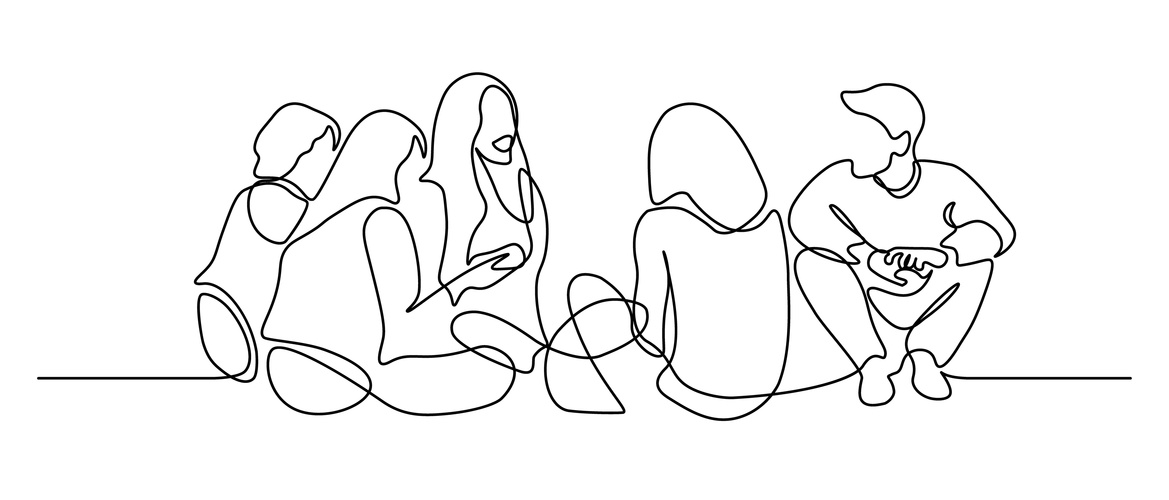
Choose a channel
Check out the different Progress in Mind content channels.

Progress in Mind

Patients with schizophrenia can live better lives within the community when managed by continuous maintenance atypical antipsychotic therapy in combination with a psychosocial rehabilitation program, support and psychoeducation for family caregivers, and coordination of services within the community with case management, explained experts at WCP 2021.
An integrated community-based approach
Continuous maintenance atypical antipsychotic therapy improves functional recovery
Integrating continuous maintenance atypical antipsychotic therapy with psychosocial rehabilitation in a community mental health setting improves outcomes,1 said Professor Tae-Yeon Hwang, Ministry of Health and Welfare, Republic of Korea.
Continuous maintenance atypical antipsychotic therapy may:
Furthermore, patients on continuous maintenance atypical antipsychotic therapy are more receptive to rehabilitation,1 he said.
Factors to address to ensure medication adherence
Medication adherence is a key factor influencing outcomes but ensuring adherence can be challenging
Medication adherence is a key factor influencing outcomes but ensuring adherence can be challenging. Nonadherence rarely results from a single cause,2 said Professor Tae-Yeon Hwang. Some of the many causes are:
Medication adherence is higher when caregivers not only understand its importance in achieving a good outcome but are also provided with appropriate support through family interventions and therapy,3 said Professor Johannes Wancata, Medical University of Vienna, Austria.
Medication adherence is higher when caregivers understand its importance in achieving a good outcome
Family intervention and therapy to support the caregivers
Substantial support is provided by family caregivers, explained Professor Wancata. The support might include preparing food, assistance and encouragement within the household, protection from self-injury and attending psychiatric services with the patient.
As a result, family caregivers carry a substantial burden, added Professor Wancata. Additional burdens include loss of social contacts and isolation, feelings of guilt that they might be responsible for the illness, financial consequences and stigmatizing experiences.
Family interventions decrease the risk of psychotic relapse and readmission to hospital
German guidelines on the management of schizophrenia highlight caregivers as essential for treatment and rehabilitation, he added. The guidelines therefore recommend supporting family caregivers with family interventions including information, psychoeducation, practical, social and emotional support and problem-solving techniques.4
Providing such family intervention and therapy not only improves medication adherence but also decreases the risk of psychotic relapse and readmission to hospital.3,5
Our correspondent’s highlights from the symposium are meant as a fair representation of the scientific content presented. The views and opinions expressed on this page do not necessarily reflect those of Lundbeck.